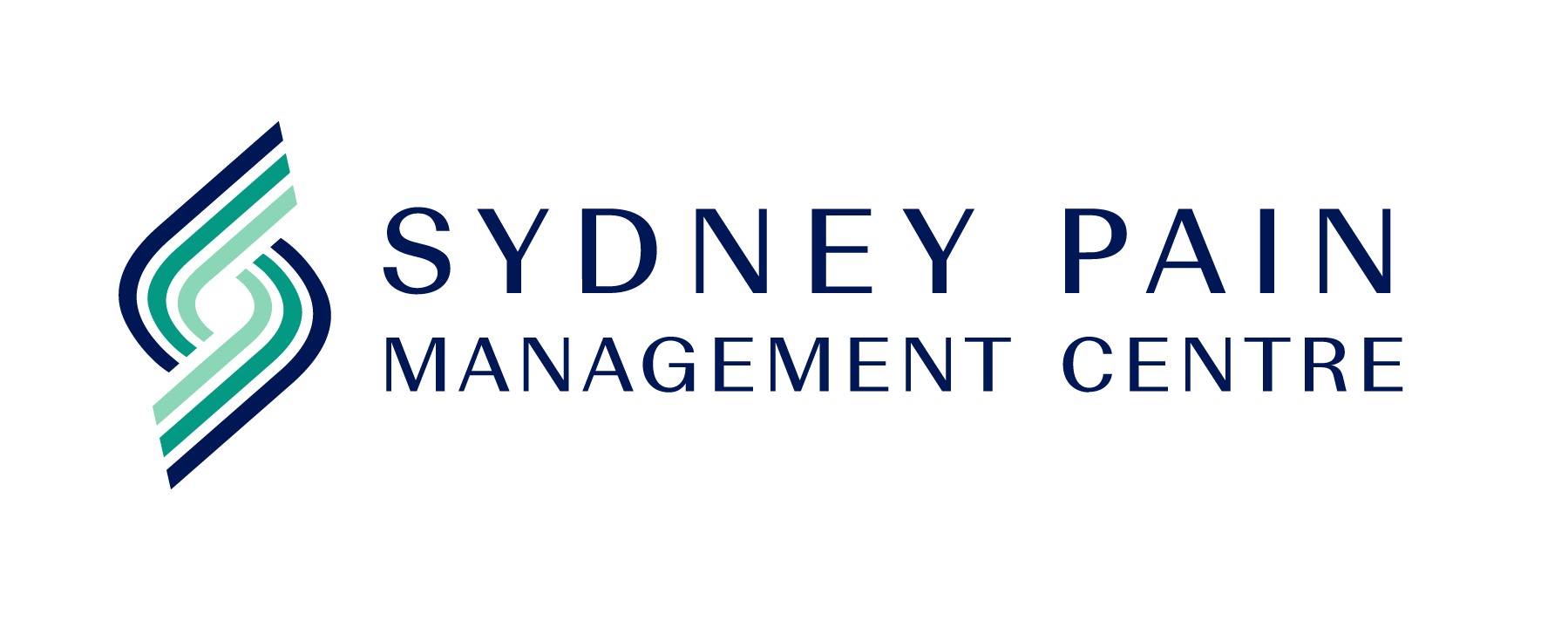SHOULDER PAIN
What is shoulder pain?
Shoulder pain may arise from any of the many muscles, tendons or ligaments surrounding the shoulder or the joint itself. When shoulder pain originates in the joint it will usually worsen with exercise or any movement of your shoulder or arm.
There are a variety of other conditions and illnesses that affect structures in your abdomen or chest, such as gallbladder disease or heart disease, these may also result in shoulder pain. This type of shoulder pain caused by another structure in the body is called referred pain. Referred shoulder pain typically will not become worse when you move your shoulder.
What are the symptoms of shoulder pain?
The symptoms of shoulder pain may include:
- Sharp, shooting pain which is aggravated by activity and progressively worsens
- A deep, aching pain in the joint
- Soreness to touch the joint
- Difficulty lifting arms to comb hair or reach to a shelf
- Pain experienced when lowering your arm, for example going to pick up a child
- Click and grinding sounds may also be noticeable as you move your shoulder
- Difficulty sleeping due to shoulder pain
- Swelling and pain in the front of the shoulder and side of the arms
- Pain and stiffness that makes it difficult to carry out a full range of normal shoulder movements such as bathing, dressing, driving and sleeping comfortably.
Who is at risk of shoulder pain?
Anyone can suffer from shoulder pain as there is a wide variety of causes which ranges from osteoarthritis to an unfortunate fall.
The most common risk factors include:
- Age – the older a person is the higher the chance is that they will develop arthritis which affects an individual’s joints and will cause mild to severe discomfort.
- Extended and continuous use of arms – some jobs such as labouring and other strenuous activities will require you to use your arms a lot which can lead to shoulder injuries.
- Sporting activities – sports such as rugby where a player will be tackled throughout the length of the game can lead to an injury which could incur shoulder pain.
What are the treatments for shoulder pain?
Some treatments for cases of shoulder pain include:
- Simple conservative therapies offered by your local doctor.
- Multidisciplinary pain management involving a comprehensive assessment and management by a team of experts in pain medicine such as: Pain Physiotherapy – physical therapy will focus on exercises that move the arm which will bring motion back into the shoulder, Pain psychology, pain Occupational Therapy and Exercise physiology.
- In the case where your shoulder is dislocated do not try to put the shoulder back in place – this can damage the joint and nerves
- Advanced pain therapies such as nerve blocks, radiofrequency neurotomies and shoulder injections with arthrograms.
- Platelet Rich Plasma(PRP) injection and other regenerative medicine therapies.
- Corticosteroid injections can also be another method in helping relieve frozen shoulder pain, this can be administered in a doctor’s office and will add cushioning to the joint which will reduce the friction and allow the bones to move more freely. Frequent Cortisone injections can be harmful and best avoided if possible.
- Peripheral nerve ablations or stimulation can be very effective.
- Surgery such as an arthroscopy (key-hole surgery) is typically a last resort option to explore if the pain experienced is severe and unbearable, arthroscopies are considered to be a minimally invasive procedure which makes it a fairly low risk operation.
Shoulder – Treatments and Conditions – Dr Jonathan Herald. Dr Herald is a worker injury specialist who is in rooms with SPMC in Campbelltown.
Shoulder Pain Overview – Mayo Clinic
